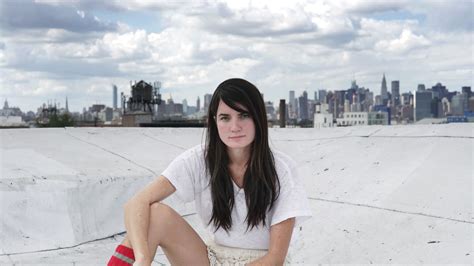Top 11 Quotes & Sayings by Cynthia Daignault
Explore popular quotes and sayings by Cynthia Daignault.
Last updated on November 23, 2024.
Stores are the same everywhere; small downtowns are done. Not just in America, but globally. You hear the same music on every station, all our building materials look the same, and all our clothes look the same. But I thought that it couldn't be that simple, because Arizona is not Minnesota. There is this other reality, which is a reality of landscape.

















